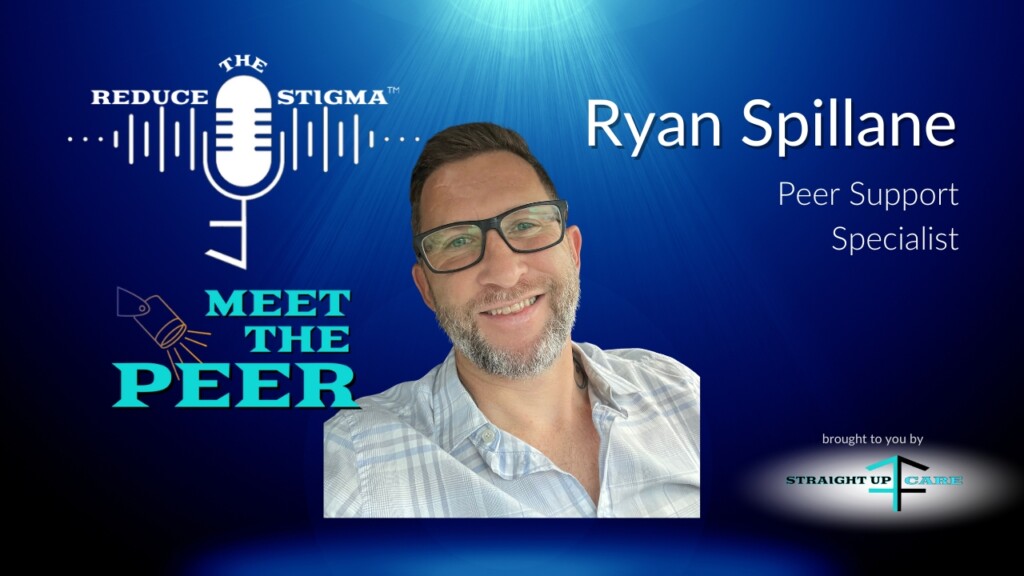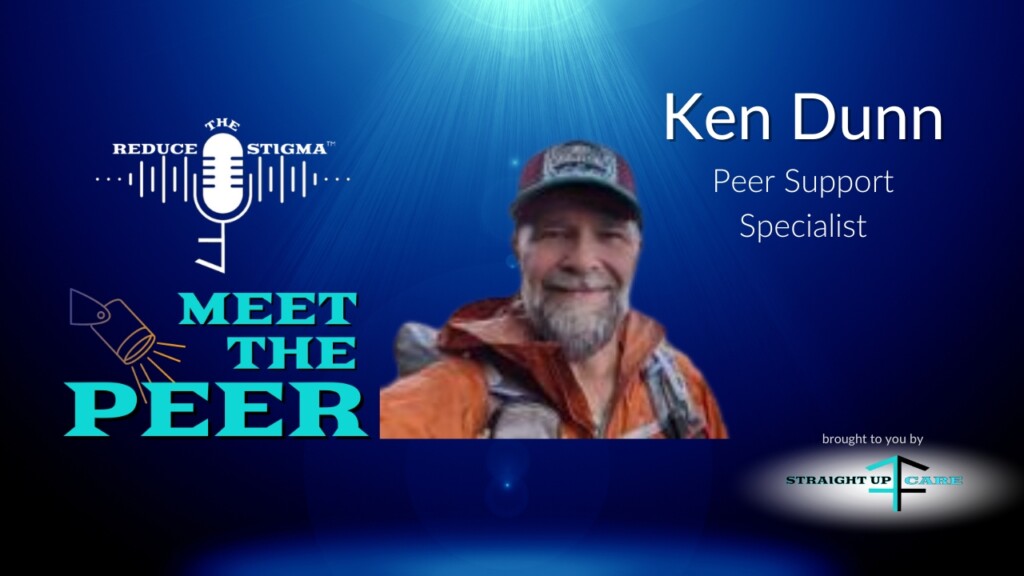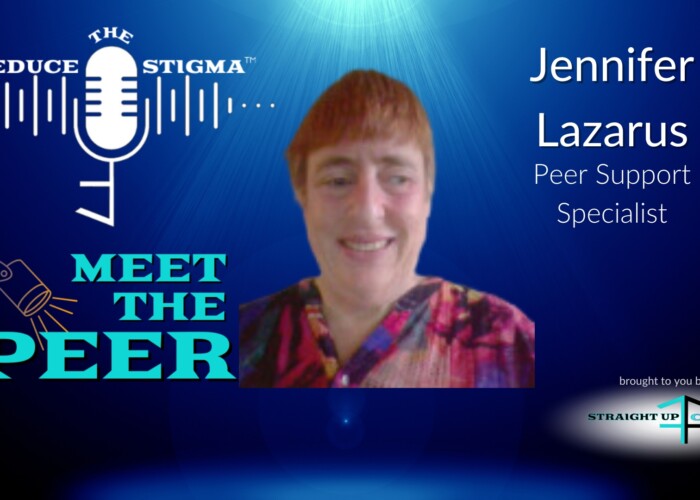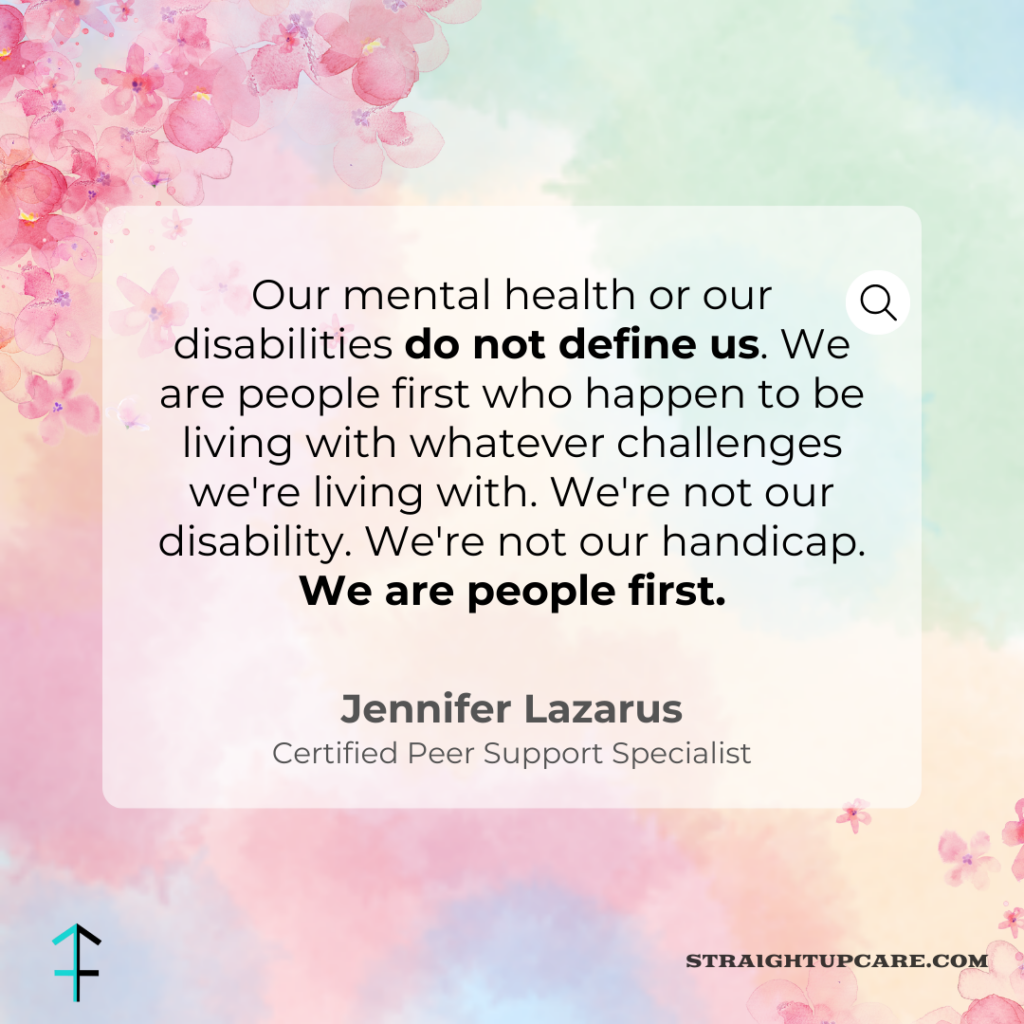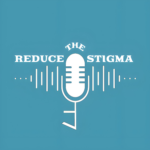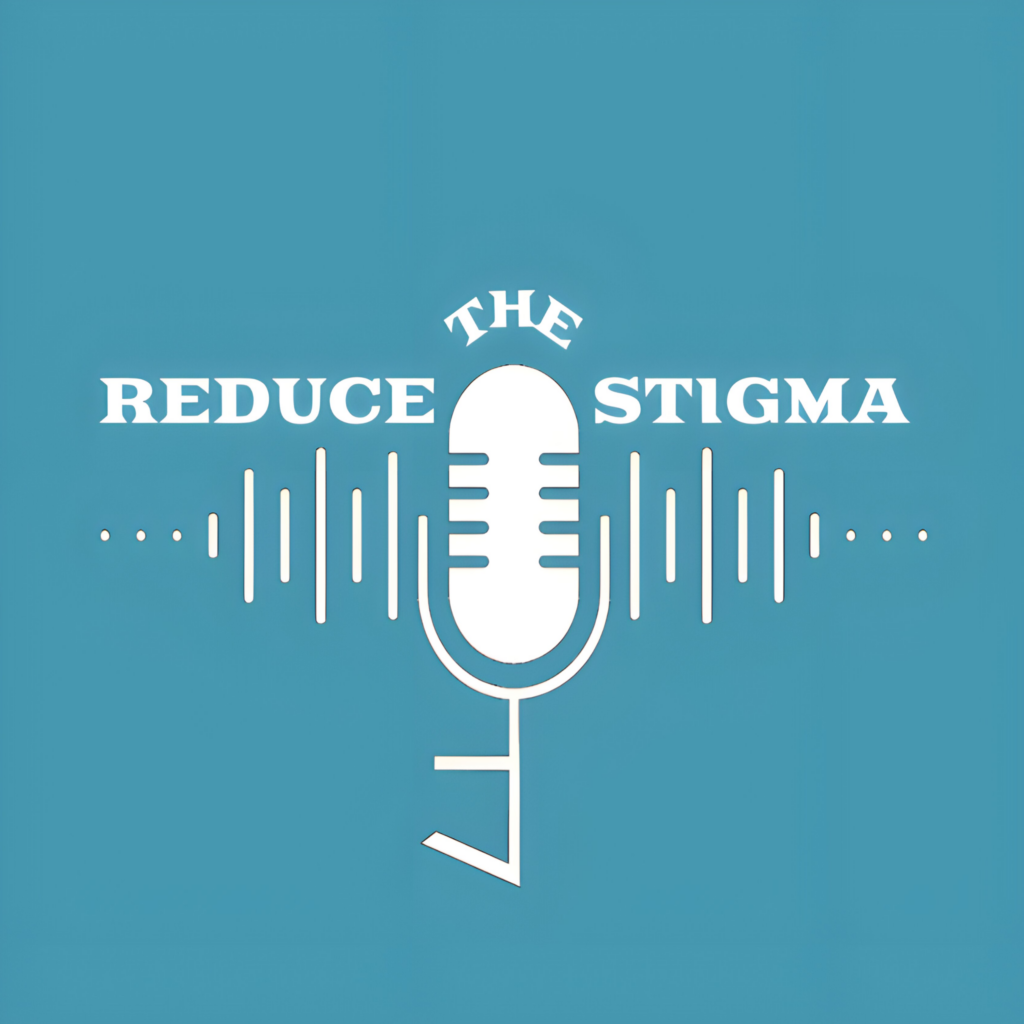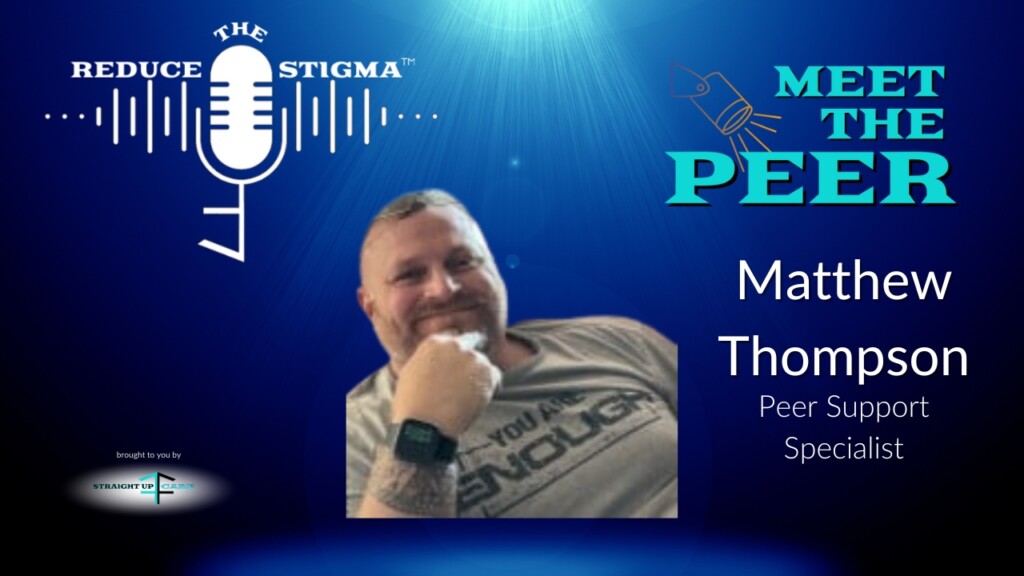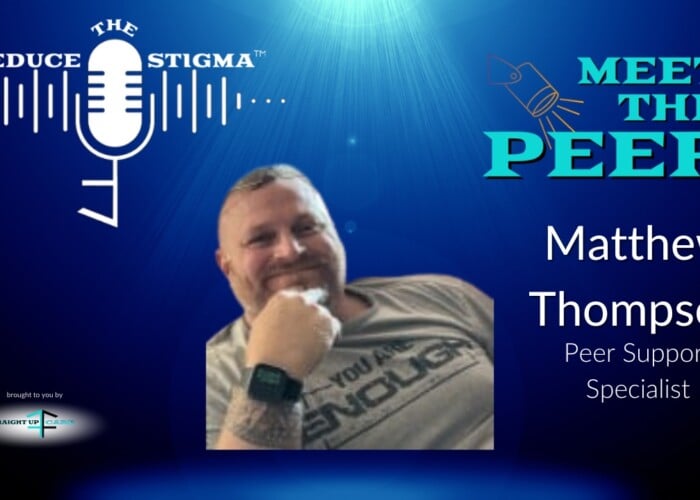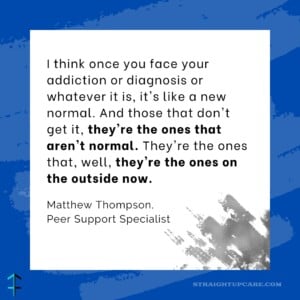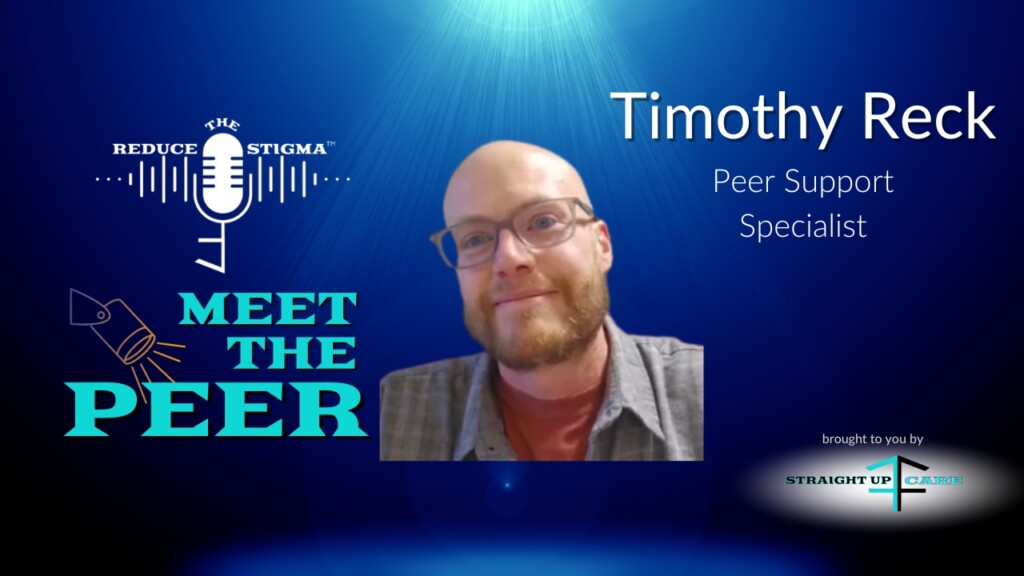6 Free Nature-Based Activities for Improved Mental Health and Wellbeing

Despite all the research, we still tend to overlook a great resource that’s truly just outside our door. Maybe it’s the increased mobility and accessibility of technology, or our increasingly busy schedules – regardless, we all could benefit from more engagement with nature. In this article, we delve into the therapeutic benefits of outdoor activities and explore a variety of free activities in nature that can promote mental health and overall well-being.
Hiking and Nature Walks
Hiking through scenic trails or embarking on leisurely nature walks provides an opportunity to immerse oneself in the natural environment and reap the benefits of physical activity and fresh air. The rhythmic motion of walking, coupled with the sights, sounds, and scents of nature, can promote relaxation, mindfulness, and stress reduction. Moreover, hiking offers a sense of accomplishment as you conquer new trails and explore breathtaking landscapes.
Find local trails and walking paths in your area, or just go for a walk and focus on your senses. You don’t have to be in a state park or walking on a man-made path to reap nature’s benefits. Even just a walk in your neighborhood will do! While walking/hiking, focus on the sights, sounds, smells, and sensations you experience. Try to keep those stressful thoughts and to-do lists at bay, focusing on being in-the-moment.
Going for a Run
Running, especially when done outdoors in natural environments, can be incredibly beneficial for mental health and overall well-being. The rhythmic and aerobic nature of running makes it an excellent physical activity for stress relief, mood enhancement, and anxiety reduction. Plus, as your endurance improves you’ll feel proud of your accomplishment!
Forest Bathing (Shinrin-Yoku)
Originating in Japan, forest bathing, or Shinrin-Yoku, involves immersing oneself in the atmosphere of the forest and mindfully engaging with the natural surroundings. This practice has been scientifically proven to lower cortisol levels, reduce blood pressure, and boost immune function. By slowing down and engaging all the senses, forest bathing fosters a profound sense of peace, presence, and connection with nature.
As with hiking and nature walks, you can do this in any outdoor space, whether or not it’s a true “forest.” One way to help focus on taking in nature is to practice the 5-4-3-2-1 grounding exercise:
- Acknowledge 5 things you see around you, such as the sun, a cloud, a tree, etc.
- Acknowledge 4 things you can touch around you, such as the grass, dirt, or the surface you’re sitting on.
- Acknowledge 3 things you hear, such as a bird chirping, a grasshopper, the wind, etc.
- Acknowledge 2 things you can smell around you, such as fresh-cut grass.
- Acknowledge 1 thing you can taste, such as a snack you brought with you.
Gardening and Horticulture
Tending to a garden or cultivating plants not only beautifies outdoor spaces but also offers therapeutic benefits for mental health and well-being. Gardening has been shown to reduce stress, improve mood, and increase feelings of happiness and satisfaction. Whether planting flowers, growing vegetables, or caring for houseplants, the act of nurturing living things fosters a sense of purpose, connection, and tranquility.
While gardening can include costs for supplies, it doesn’t have to be a costly activity. You can start by tending to the plants in your area or even just pulling weeds. What’s important is that you’re outside and engaging with plants in some way.
Outdoor Yoga and Meditation
Practicing yoga and meditation in outdoor settings amplifies the therapeutic effects of these mindfulness practices. Whether on a beach at sunrise, in a peaceful park, or amidst towering trees in a forest glade, practicing yoga and meditation outdoors allows you to synchronize your breath with the rhythm of nature and cultivate a deeper sense of presence, calm, and inner peace.
Wildlife Observation and Birdwatching
Connecting with wildlife and observing the wonders of the natural world can evoke a sense of wonder, awe, and appreciation for the interconnectedness of all life forms. Birdwatching, in particular, has been shown to reduce stress, anxiety, and depression while enhancing cognitive function and fostering a sense of connection with the environment. Simply sitting quietly and observing birds in their natural habitat can be a deeply grounding and enriching experience.
What Did We Miss?
Are there free nature-based activities you know of that we didn’t list? Let us know by commenting below!
Connect with a peer who regularly engages in outdoor activities:
Interview: https://reducethestigma.com/v/FbcaDk
Article: https://straightupcare.com/achieving-recovery-addiction-mental-health/
Schedule with Ryan: https://straightupcare.org/appointment-schedule/520
Interview: https://reducethestigma.com/v/i56VeO
Schedule with Ken: https://straightupcare.org/appointment-schedule/515
Follow Straight Up Care

